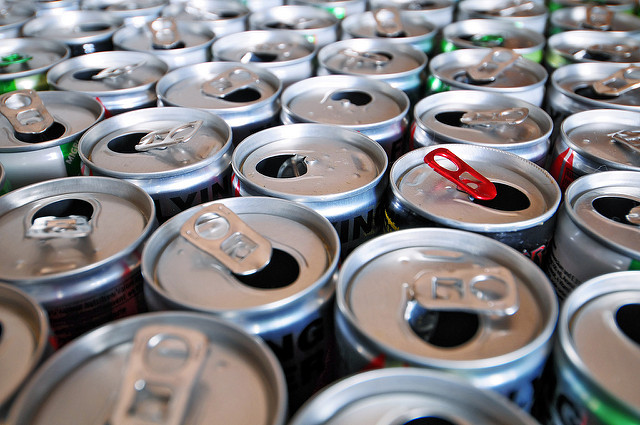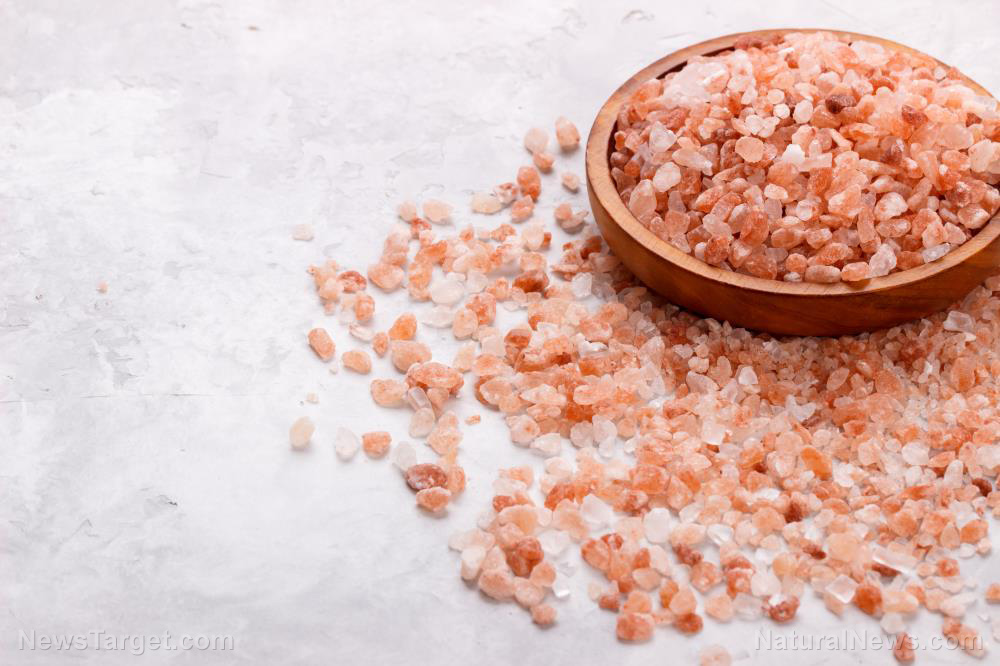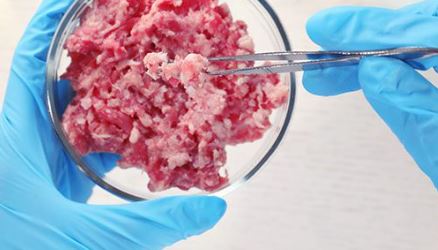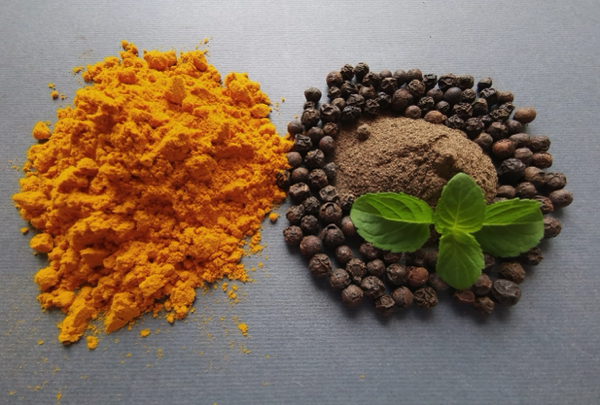Pfizer just agreed to settle 10,000-plus Zantac cancer lawsuits – but it did it QUIETLY hoping nobody would notice
05/14/2024 / By Ethan Huff
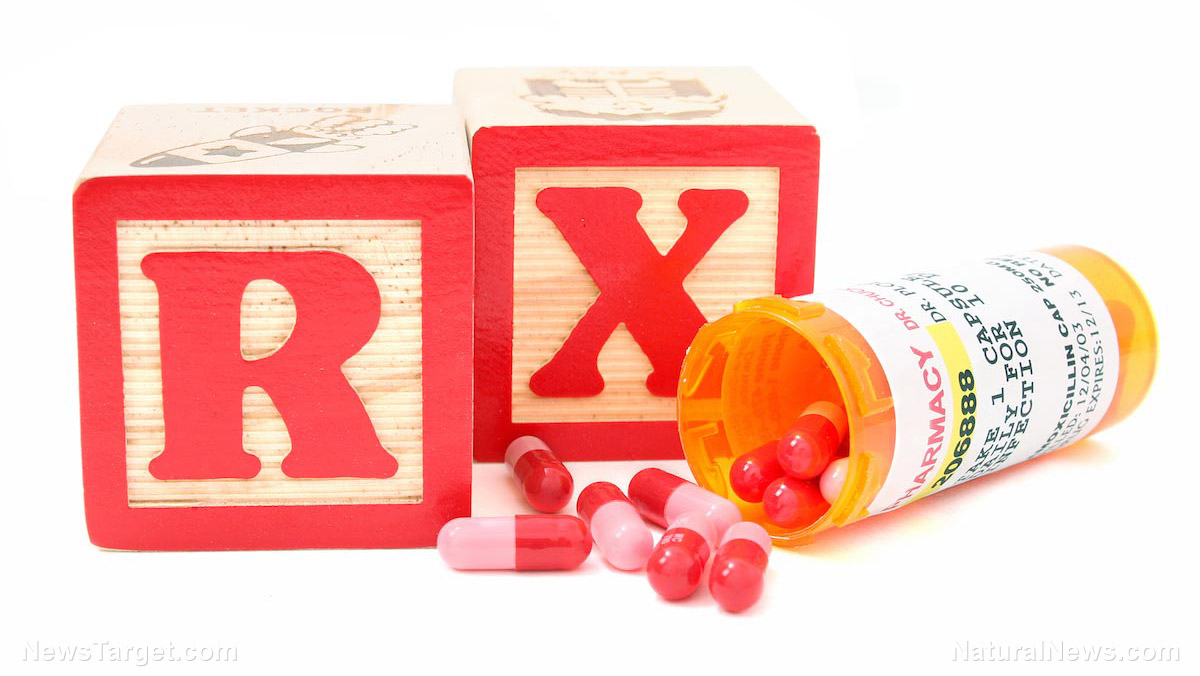
You probably missed it since barely anybody is reporting on it, but Pfizer, unbeknownst to the vast majority of America, just settled more than 10,000 lawsuits linking Pfizer’s antacid drug Zantac (famotidine) to cancer.
Zantac has been on the market since 1983, if you can believe it. It was originally manufactured by Glaxo Holdings Ltd, a company now owned by GlaxoSmithKline (GSK). Zantac eventually became Pfizer’s deal between 1998 and 2006, though the company is probably wishing it never signed up to be a producer of the drug.
According to reports, both over-the-counter (OTC) Zantac and prescription Zantac are loaded with a carcinogenic substance called NDMA (N-Nitrosodimethylamine) at levels far, far above the acceptable level.
“Patients consumed more than 300,000 nanograms of NDMA through each tablet,” one report explains. “The acceptable level of NDMA is only 96 nanograms per day. Taking a single tablet of Zantac meant taking 3,000 times the recommended dose of NDMA.”
Even when consumed in very small amounts, NDMA can cause serious illnesses. Combined with the fact that Zantac affects gut health, including the permeability of the absorption membranes, Pfizer has a lot of blood on its hands.
Pfizer Inc. has agreed to settle more than 10,000 cases accusing it of hiding the cancer risks of its Zantac heartburn drug, according to people familiar with the deal, the biggest of the litigation.
The agreements cover cases in state courts across the US but don’t completely… pic.twitter.com/LzdbPa4g9z— Camus (@newstart_2024) May 8, 2024
(Related: Have you seen the proof from both the FDA and Pfizer showing that Wuhan coronavirus [COVID-19] “vaccine” shedding is more real than you might have thought?)
Lawsuit settlements don’t entirely cover Pfizer’s exposure to Zantac
While the agreements concerning all these cases cover state courts all across the United States, they do not completely resolve Pfizer’s exposure to Zantac claims, this according to people familiar with the matter who spoke to Bloomberg on the condition of anonymity.
Concerns about Pfizer’s exposure to Zantac claims helped nosedive the company’s market value by $45 billion in combined market value in the summer of 2022. Pfizer’s share price has since recovered, at least for now.
“Pfizer has explored and will continue to explore opportunistic settlements of certain cases if appropriate, and has settled certain cases,” the New York-based company said in a statement.
“The company has not sold a Zantac product in more than 15 years and did so only for a limited period of time.”
The reason Pfizer is on the hook for all this is because the company allegedly hid the cancer risks of Zantac from patients. Untold millions of people became injured or died, in other words, and Pfizer ran away with the loot.
While this spate of Zantac lawsuit settlements might not be enough to take down the drug behemoth entirely, keep in mind that Pfizer has a whole lot of restitution still to be paid for all of the harm caused by its many other drugs, including most notably its mRNA (modRNA) Wuhan coronavirus (COVID-19) “vaccines.”
“Apple cider vinegar (organic with the mother) alleviates heartburn and acid reflux naturally,” wrote “T.” (@tswarbrock) on X. “It balances pH and alkaline levels in the body. Add 1-2 tablespoons to 8oz filtered water and sip. ACV also clears infection and is antifungal.”
“They should rename it as Zantac vaccine,” joked another, making the point through humor that vaccines generally skip the normal regulatory approval process as they are rushed to market at warp speed. “Problem solved!”
“How about all the victims of the clot shots?” asked another.
By God’s grace, the pharmaceutical industry will eventually come toppling down into a ruinous heap. Find out more at BadMedicine.news.
Sources for this article include:
Submit a correction >>
Tagged Under:
antacid, Big Pharma, cancer criminals, Cancer Scams, carcinogen, Censored Science, conspiracy, corruption, deception, lawsuit, NDMA, Pfizer, pharmaceutical fraud, pharmaceuticals, Prescription drugs, settlement, suppressed, toxic ingredients, Zantac
This article may contain statements that reflect the opinion of the author
RECENT NEWS & ARTICLES
COPYRIGHT © 2017 INGREDIENTS NEWS



